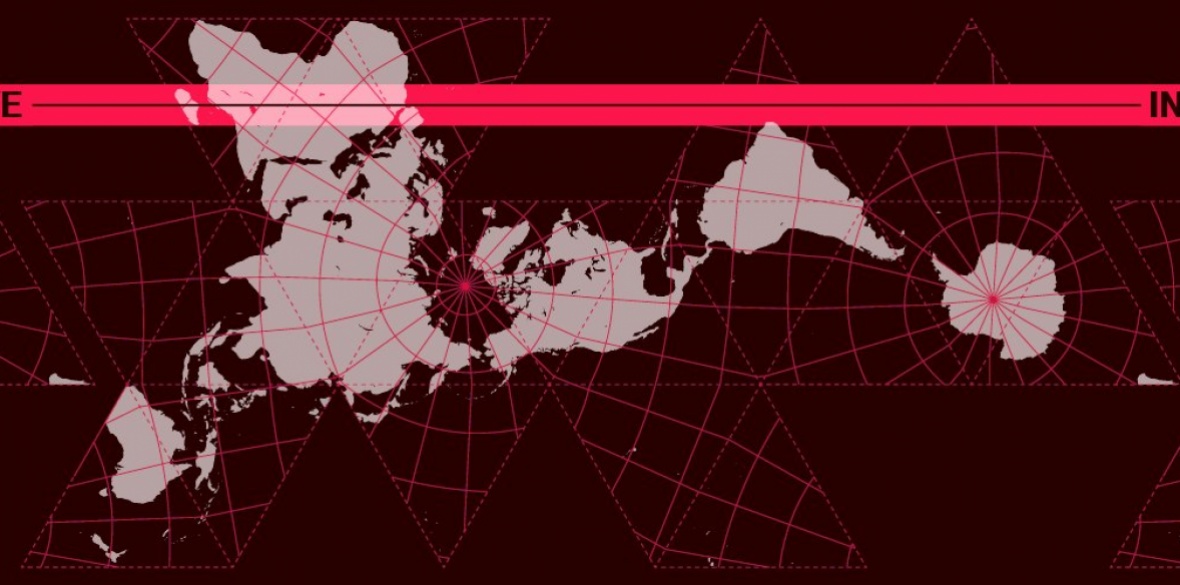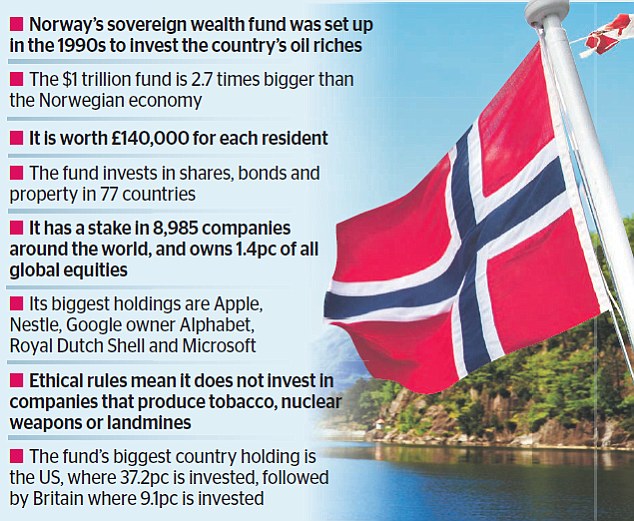
TORONTO, May 14, 2020 (GLOBE NEWSWIRE) — EDP Renewables Canada Ltd. (EDPR) is announcing today that the Ontario Superior Court of Justice (Divisional Court) has granted EDPR’s judicial review application in Nation Rise Wind Farm Limited Partnership et al. v. Minister of the Environment, Conservation and Parks et al. In doing so, the Court has reinstated the Renewable Energy Approval (REA) for the Nation Rise Wind Farm, a 29-wind turbine, 100-megawatt wind energy project in the Municipality of North Stormont.
In its reasons, the Court stated that “this is a case where the Minister’s decision is not reasonable and does not deserve deference. The decision does not meet requirements of transparency, justification, and intelligibility, as the Minister has failed to adequately explain his decision.” The Court concluded, “this is a rare case in which the Minister’s decision should be quashed and the decision of the ERT should be reinstated.”

The Ministry of the Environment, Conservation and Parks (MECP) first issued the REA for Nation Rise Wind Farm in May 2018, and that decision was confirmed, without conditions, by the Environmental Review Tribunal (ERT) in January 2019. The Nation Rise Wind Farm was under construction when the Honourable Jeff Yurek, the Minister of the Environment, Conservation and Parks, released a decision on December 6, 2019, revoking the project’s REA, effectively halting construction. EDPR applied for judicial review, and, in its May 13, 2020, decision, the Divisional Court quashed Minister Yurek’s decision, thereby reinstating the decision of the ERT.
Given the Court’s decision, EDPR is eager to recommence construction of the Nation Rise Wind Farm, which will bring much needed jobs and investment to the community. This delay has resulted in unnecessary expenditures to-date, at a time when governments and businesses should be focused on reducing costs and restarting the economy.
Nation Rise Wind Farm was competitively procured under the IESO’s Large Renewable Procurement program and will provide low-cost energy at approximately half the price of typical residential electricity rates, while producing zero emission electricity.
Nation Rise represents a significant infrastructure investment for the local and provincial economy which is needed now more than ever and can be readily deployed. It has already created more than 230 local construction jobs and will create around 10 full-time local jobs as well as numerous indirect jobs during operations. Additionally, the project will inject more than $45 million over 30 years into the local community through municipal taxes, a community benefit fund, charitable contributions and landowner payments.
“EDP Renewables stands behind the benefits of the project and its commitments to the local community,” said Miguel Prado, EDP Renewables North America CEO. “We look forward to the Nation Rise Wind Farm stimulating the local economy in the Township of North Stormont, United Counties of SD&G and the Ottawa region.”
The Divisional Court’s judgment will be publicly available from the Court’s website:
https://www.ontariocourts.ca/scj/decisions/.






 Ed Finn grew up in Corner Brook, Newfoundland, where he worked as a printer’s apprentice, reporter, columnist and editor of that city’s daily newspaper, the Western Star. His career as a journalist included 14 years as a labour relations columnist for the Toronto Star. He was part of the world of politics between 1959 and 1962, serving as the first provincial leader of the NDP in Newfoundland. He worked closely with Tommy Douglas for some years and helped defend and promote medicare legislation in Saskatchewan. This article originally appeared on
Ed Finn grew up in Corner Brook, Newfoundland, where he worked as a printer’s apprentice, reporter, columnist and editor of that city’s daily newspaper, the Western Star. His career as a journalist included 14 years as a labour relations columnist for the Toronto Star. He was part of the world of politics between 1959 and 1962, serving as the first provincial leader of the NDP in Newfoundland. He worked closely with Tommy Douglas for some years and helped defend and promote medicare legislation in Saskatchewan. This article originally appeared on 


